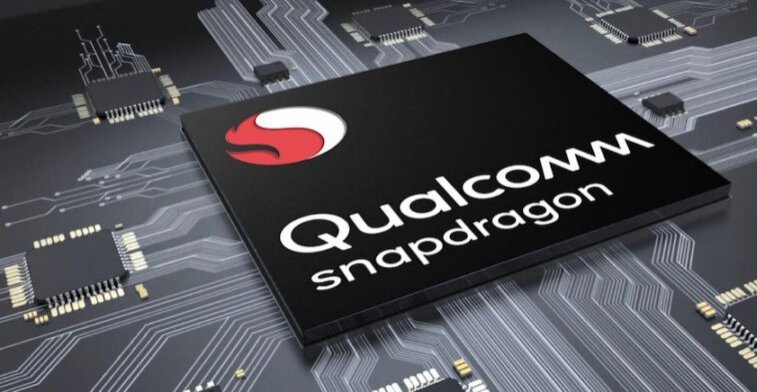Protocol reports that Qualcomm will finally jump on the AV1 video codec bandwagon next year. AV1 is the web's next open, royalty-free video codec, and widespread adoption will require hardware support from the world's chip vendors.
Qualcomm's 2022 flagship SoC, the Snapdragon 8 Gen 1 chip, doesn't support AV1. Samsung's Exynos 2200 managed to ship the video codec this year in international versions of the Galaxy S22, while the MediaTek Dimensity 1000 SoC has been shipping in phones for over a year now with AV1 support. Apple is a founding member of the AV1 Alliance, but its devices also don't support the codec yet.
The report says Qualcomm's "upcoming flagship Snapdragon mobile processor"—model number "SM8550"—will support AV1. That would probably be called the "Snapdragon 8 Gen 2" SoC, due out in 2023.
Wide adoption of AV1 seems inevitable, though it is taking a while. The codec is a successor to Google's VP8 and VP9 codecs and is being built by the Alliance for Open Media. The alliance's lineup is a who's who of tech companies, with founding members like Amazon, Apple, ARM, Facebook, Google, Intel, Microsoft, Mozilla, Netflix, Nvidia, and Samsung. Netflix and Google's YouTube are both making AV1 support "a requirement" for future products that want to support either video service. That should motivate just about every hardware and software vendor out there to get the job done.
AV1's major competition is H.265, aka HEVC, developed by the Moving Picture Experts Group (MPEG). Some tests show the newer AV1 codec having 30 percent higher efficiency than H.265, but what really matters is that AV1 is royalty-free. When using the H.265 codec, vendors have to pay various licensing fees for H.265's patented technology, while AV1 members have pledged to pool their patents to create the royalty-free codec. Being open source and royalty-free also means that AV1 support is welcome in open source codebases like Firefox and Chromium, while H.265 is not.
Google is going all-in on AV1 adoption and is already building custom AV1 video transcoding hardware for its YouTube data centers. The company is also requiring AV1 support for Android TV devices and is going to war with companies, like Roku, that have been reluctant to roll out support. Google's Hardware division is the company's main laggard; there is no AV1 support yet from the Pixel phone line or Chromecast/Google TV. Getting Qualcomm on board would mean that nearly every 2023 Android flagship smartphone would support the codec.



3175x175(CURRENT).thumb.jpg.b05acc060982b36f5891ba728e6d953c.jpg)

Recommended Comments
Join the conversation
You can post now and register later. If you have an account, sign in now to post with your account.
Note: Your post will require moderator approval before it will be visible.